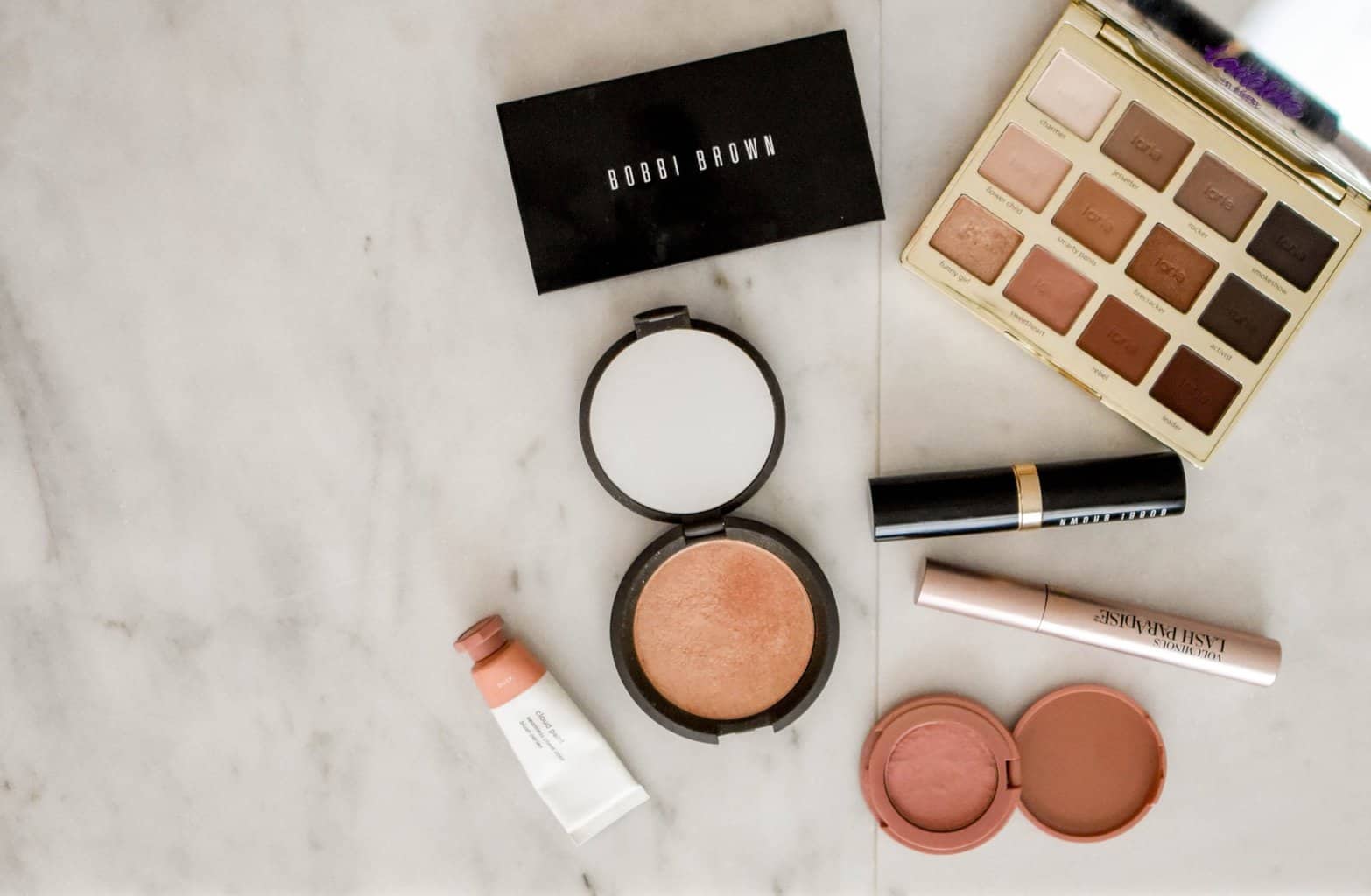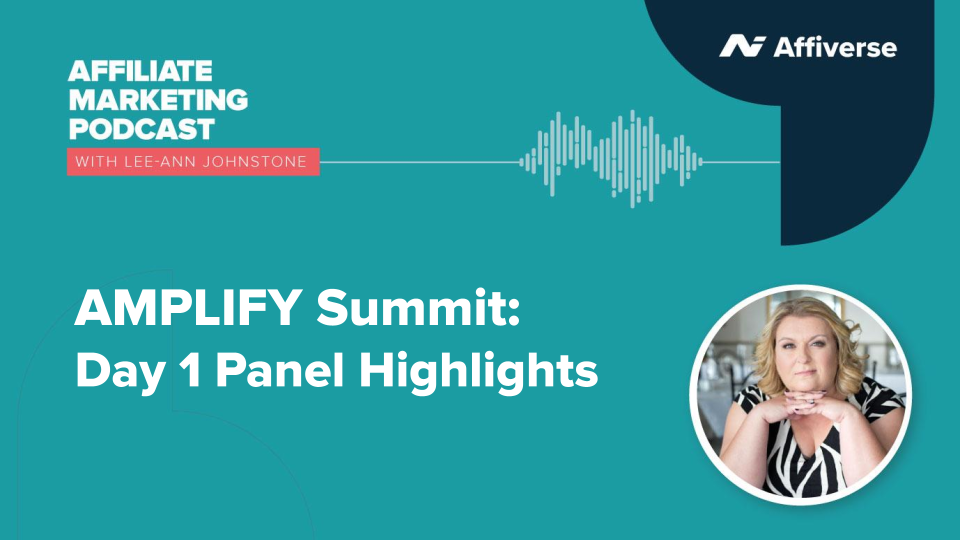The idea of “de-influencing” might strike fear into the heart of marketers. On the face of it, the term sounds like an attack on influencer marketing, which affiliate marketing goes hand in hand with. And to a certain extent, it is.
De-influencing is a trend whereby influencers are telling their audiences, “See this thing that everyone is peddling? It’s rubbish.”
But most of the time, for the sake of content and so that influencers can do what influencers do best, it’s usually followed up by “This alternative is way better!” Enough commentary influencers have pointed out that there is a contradiction there or a collective missing of the point, but marketers need to market, influencers need to influence, and we don’t see much wrong with presenting a better alternative. So we’re asking: how do you use this trend as a brand?
Authenticity is prevalent again
De-influencing is a great way for creators to build up their credibility as a reviewer. If you burst on the scene as a fresh-faced influencer telling everyone that the PR packages you are sent are all worth buying, why should anyone believe you? Tossing in some honesty makes you feel a lot more trustworthy.
Influencers and affiliate marketers think that telling their audience they didn’t like an item or they felt neutral about an item is not doing their job or going to get them in the bad books with brands. Unfortunately, the harsh reality of the situation is that the really big brands aren’t paying attention to them. They’re firing PR packages to anyone with numbers and not giving it another thought.
Affiliate managers should encourage honest reviews. If you felt nothing for the item, you felt nothing. If you didn’t like it, you didn’t like it. If you liked it, you liked it. You didn’t love it. That attitude has led to an entire TikTok audience making fun of influencers for their “gasp” when they open a blusher. Not even use it, open it.
Behaving like this is putting a dent in the audience’s ability to believe the influencer and will damage the whole ecosystem for everyone. The Beauty community on YouTube took a dive for the same reason and is likely to do so again on TikTok.
Realistic reviews are back
No matter what your product is, it won’t suit everyone. You’ll get a 1-star review for water where a customer said it was great until it got into their lungs. This is the language influencers have been speaking for the past couple of years, and customers are sick of it.
It creates this online rage when it turns out that rosemary oil hasn’t reacted well to your hair, when Colleen Hoover’s novels aren’t to your taste, when the WoW volumizing spray didn’t make your hair stand upright – because that’s what the influencer said.
Bring it down a notch. De-influencing reminds the viewer that these items aren’t for everyone and shouldn’t be considered as such. De-influencers also don’t have to say it’s the worst item ever (especially considering things like books and movies are extremely subjective and you’re just alienating your audience that way), but they can point out that it didn’t work for them “because XY and Z”. You will build trust in the reviewer and therefore trust in the review and the brand this way.
Small businesses come out on top
The best part is that small businesses really shine with this system of “This big, popular, overly peddled brand isn’t worth it, but this is…”
Smaller eCommerce businesses can send items to de-influencers who can present them as an alternative. It might not be as flashy as brands like Tarte shipping influencers to islands or F1 races for the sake of an Instagram post, but it gets the job done. Creators need content, they need items to review, and small businesses need someone talking about their items.
The de-influencing trend is a nice move away from the brands that monopolise the space and allow for quieter voices to make their mark while getting a boost in sales while they’re at it.
If you are interested in more affiliate and social media marketing insights, take a look at our blog for all the latest news and advice. Or for a more personalised approach, book a free call with a member of our team.
Or, for the very best advice from industry peers, register to join us for our ELEVATE Summit in July. Elevate aims to bring you the latest affiliate, performance, and partner marketing insights from across the globe and it’s all available to stream from our website.























